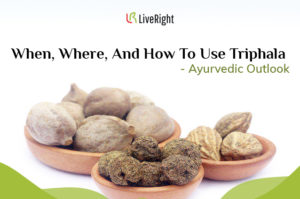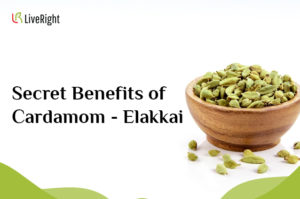Last updated on August 21, 2024 by Dr. Subashri Thanigaivel
Polycystic Ovarian Syndrome or Polycystic Ovarian Disease (PCOS/PCOD) is a common health problem now found in girls/women who have attained the stage of puberty. Having PCOS/PCOD can lead to a host of primary and secondary problems in the body. One of the most disturbing side effects of PCOD is infertility.
The ovaries have a presence of small cysts all over and hence the name Polycystic Ovarian Syndrome. Even though they are not harmful in the beginning, in time they will trigger multiple problems in the body.
[tds_council] More than 70% of the ovarian problems are caused by PCOS[/tds_council]
What are the causes of PCOS/PCOD?
The causes of PCOS is often attributed to these two reasons:
Genetic: Transferred from mother or any other female relatives in the family
Environmental: Unhealthy food habits, sedentary lifestyle, improper sleep hygeine and so on.
Stress is often an unknown cause of PCOS. As both school going girl children and women of today, go through a tremendous of stress, PCOS gets triggered easily.
Symptoms of PCOS/PCOD:
Hormonal imbalance is often indicated by the following symptoms in women:
1. Menstrual problems:
Often, the women suffering from PCOS exhibit the signs of menstrual problems. They either have reduced or absent menstrual periods (irregular periods). The menstrual cycle has irregular occurrences and comes with unbearable pain.
2. Acne and Facial hair:
Increased hair growth along with acne is one of the most commonly presenting symptoms in this condition. There is also specific patterned hair loss by widening the median line.
3. Pregnancy and miscarriage:
PCOS/PCOD is often attributed to causing miscarriages and ectopic pregnancy. It also presents itself as irritable mood swings and obesity.
Foods to avoid:
As now is the age of fast food, it is important to avoid certain foods like broiler chicken as they are injected with estrogen to fasten their growth. The same can be said for milk as well. Packed and processed foods that are having too many preservatives, colorants are also to be avoided along with low fibre grain oats.
What could be the right choice?
[tds_note] Its wise to prefer high-fire carbs than low-fibre carbs[/tds_note]
Its wise to prefer high-fire carbs than low-fibre carbs which induces weight gain. It is advisable to take water content filled vegetables like bottle gourd, snake gourd, ridge gourd and so on. The astringent and digestive properties of ginger, lemon, pepper, and lemon help in balancing the hormonal imbalance.
Together with these foods, physical activity like walking, running is beneficial for managing the symptoms of PCOS/PCOD.
How to treat PCOS?
PCOS can be treated with the mix of a healthy lifestyle, food habits, exercise, and the right medication. Connect with our LiveRight doctors today to know more about this condition and how to effectively manage it.
Watch the video by Dr.Subashini below to know how to prevent Polycystic Ovarian Syndrome or Polycystic Ovarian Disease (PCOS/PCOD) the ayurveda way.



